
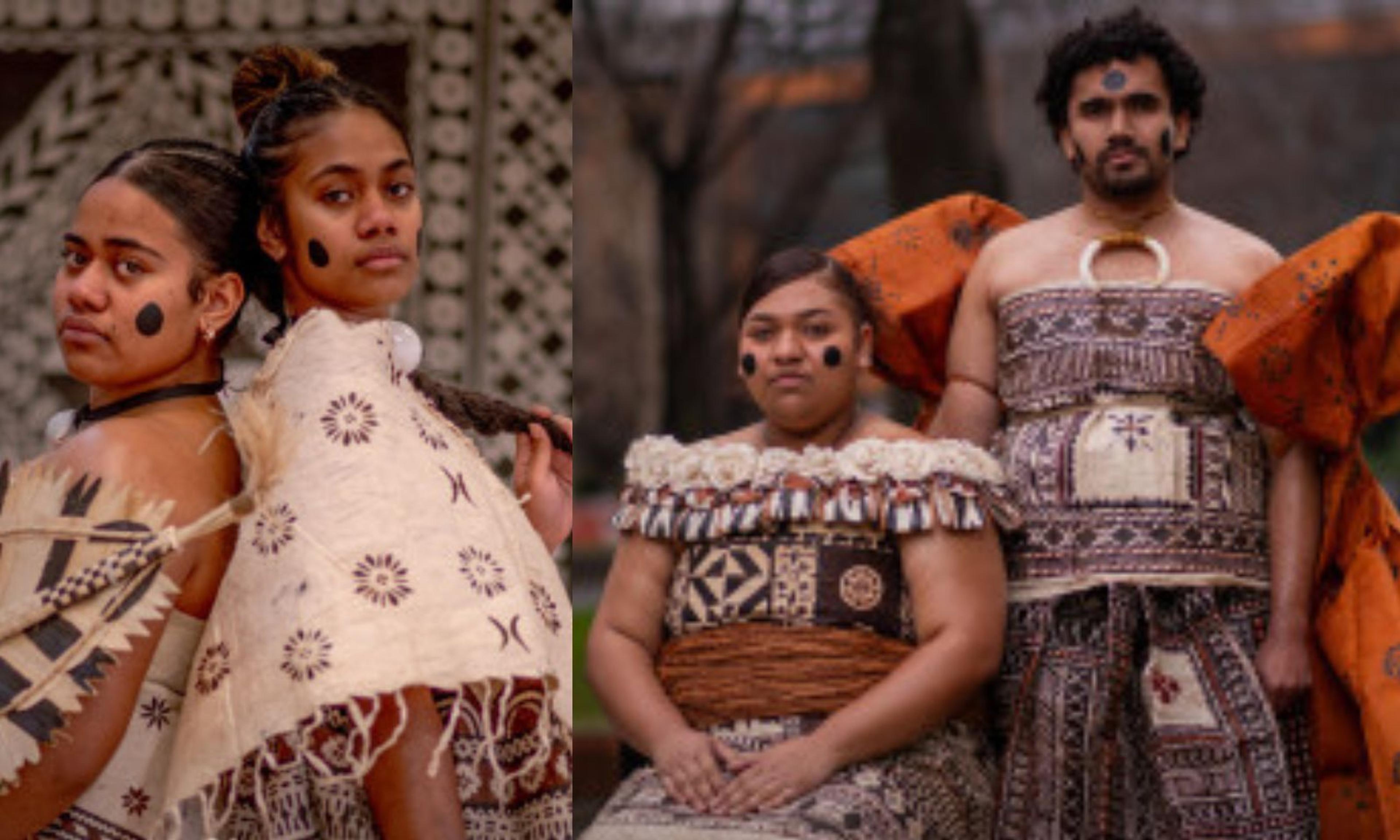
Macawa ni Vosa vakaViti - Fijian Language Week - is celebrated in Aotearoa from 4-11 October, 2025.
Photo/Ministry for Pacific Peoples
Celebrating Fijian Language Week: Honouring identity, culture and connection
As Aotearoa marks Macawa ni Vosa vakaViti, the diaspora celebrates the richness of their cultural values while bridging indigenous knowledge and Western practices.


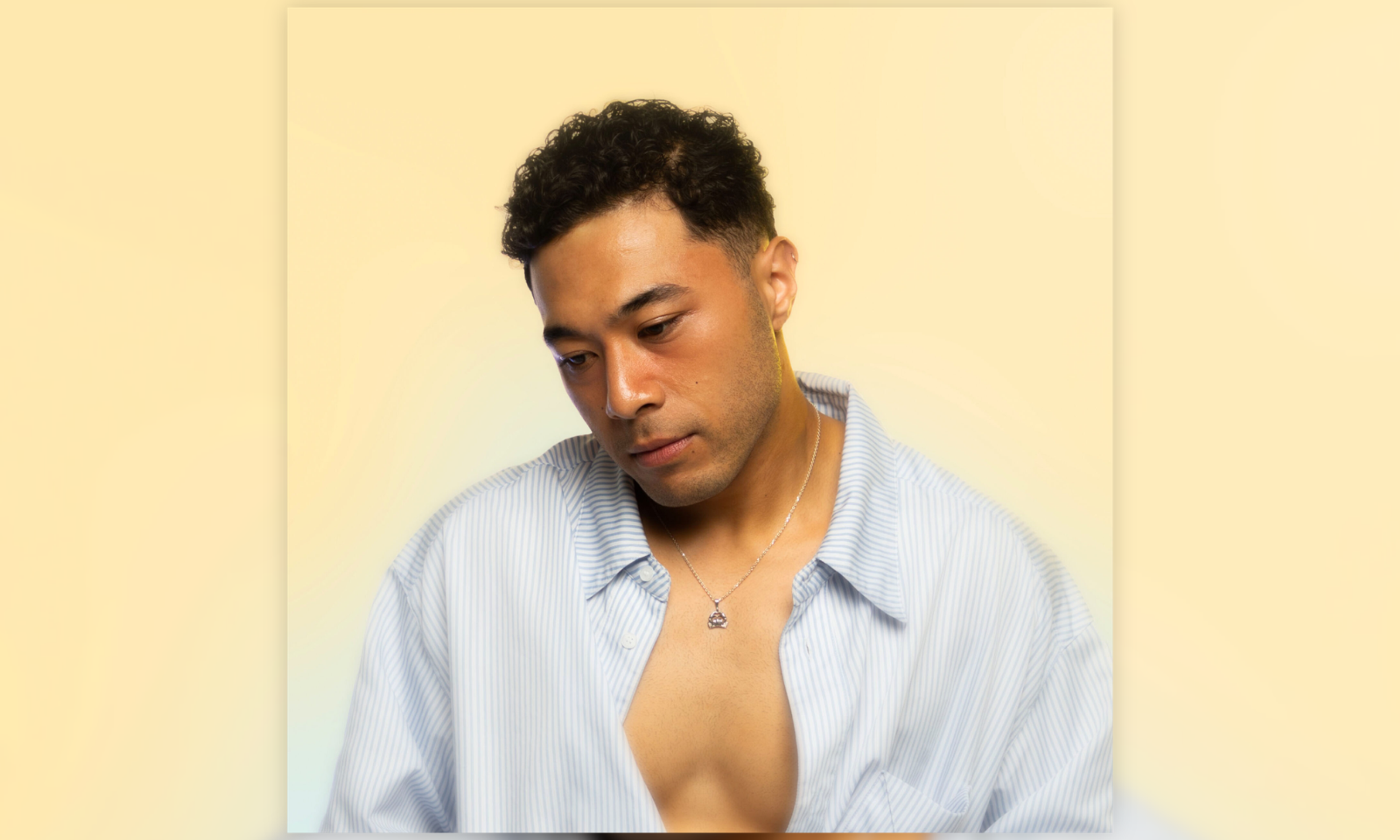
Tyrun re-imagines Niuean love in smooth new R&B single ‘Fila’

Digital Lifeline: New app helps Sāmoans abroad reclaim their heritage
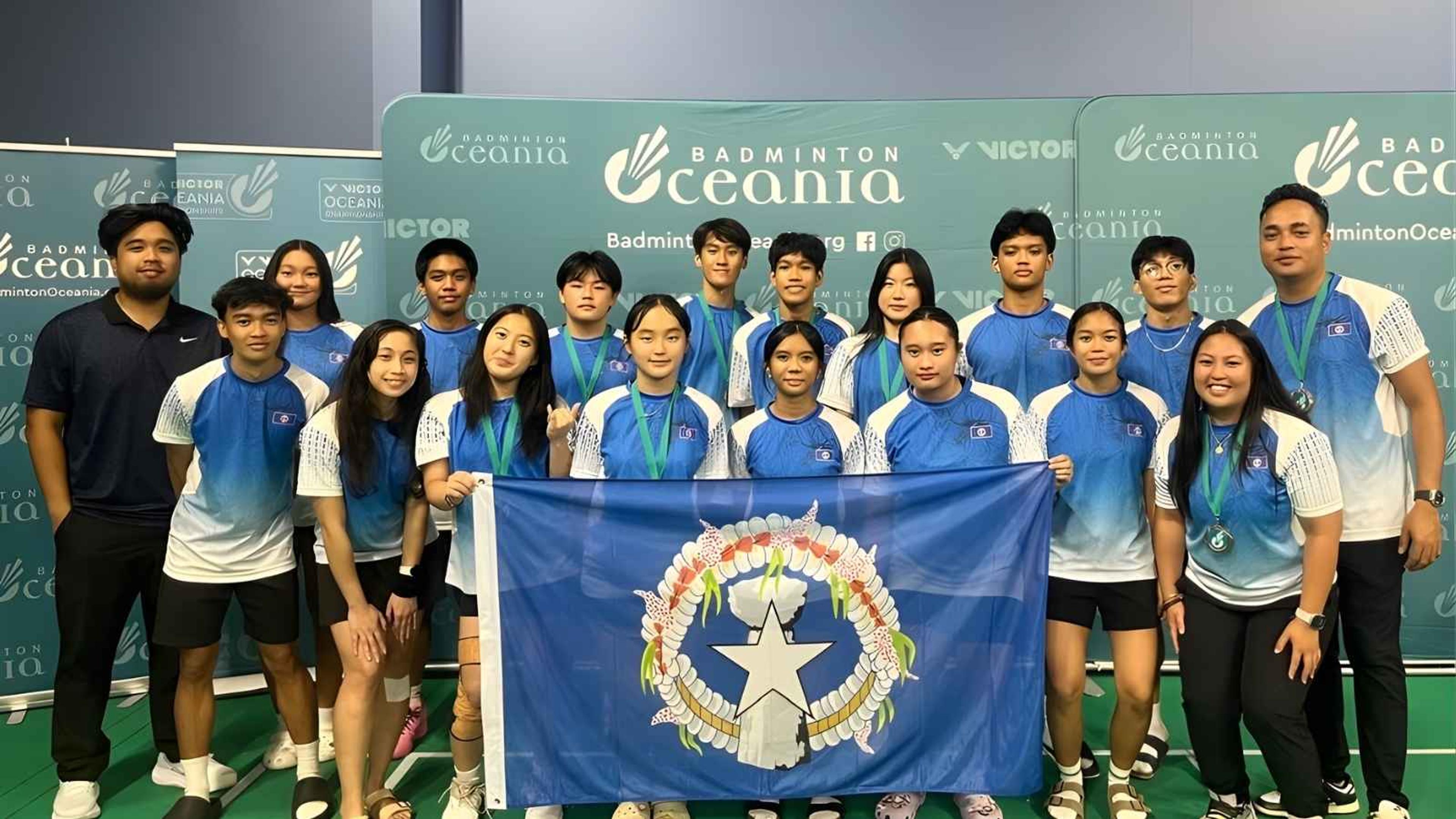
Northern Mariana Islands smash regional barriers with historic Auckland bronze



Tyrun re-imagines Niuean love in smooth new R&B single ‘Fila’

Digital Lifeline: New app helps Sāmoans abroad reclaim their heritage

Northern Mariana Islands smash regional barriers with historic Auckland bronze
Macawa ni Vosa vakaViti - Fijian Language Week - is a time to celebrate the richness of the island nation's culture and identity - a living taonga carried by generations and woven into the fabric of Aotearoa New Zealand.
This year’s theme is ‘Na noqu vosa me na tekivu mai vale - My language starts at home’, which highlights the role of language in nurturing wellbeing, connection and belonging. Organisers believe it's also a powerful reminder of how language shapes not only how we speak, but how we live.
Fiji lies roughly 2200km north of Auckland and has a population of about 900,000. In Aotearoa, the 2018 Census recorded 62,310 people identifying as Fijian/Fijian‑descent.
With just over 7000 speakers of Vosa Vakaviti in New Zealand, community leaders say the preservation and celebration of the Fijian language is more important than ever.
As New Zealand’s leading university and a place where diverse cultures, languages, and worldviews are embraced, Waipapa Taumata Rau, University of Auckland, is proud to support Fijian Language Week.
Through education, research, and community engagement, the university recognises the vital role of language in shaping identity, fostering belonging, and strengthening connections between Indigenous knowledge systems and academic spaces.
Watch Auckland's Westlake Boys High School's Fijian Group sing 'Oi Keda Na Ca' - a popular hymn in the Methodist Church of Fiji as part of Macawa ni Vosa vakaViti - Fijian Language Week.
This year's theme sheds light on the deep interconnection between language, identity, and community - a truth that resonates deeply with Sainimere Boladuadua, a public health physician and PhD candidate at Auckland University's Faculty of Medical and Health Sciences.
With roots in Somosomo, Taveuni, and maternal ties to Kadavu, Boladuadua reflects on how the Fijian language is more than words - it is a vessel of ancestral values, cultural wisdom, and collective wellbeing.
“Our language carries our values,” she says in a statement. “Words like veirokorokovi (respect), veirogorogoci (listening), and solesolevaki (communal work) are more than just terms. They are ways of living that bind our families, our communities, and our vanua together.”
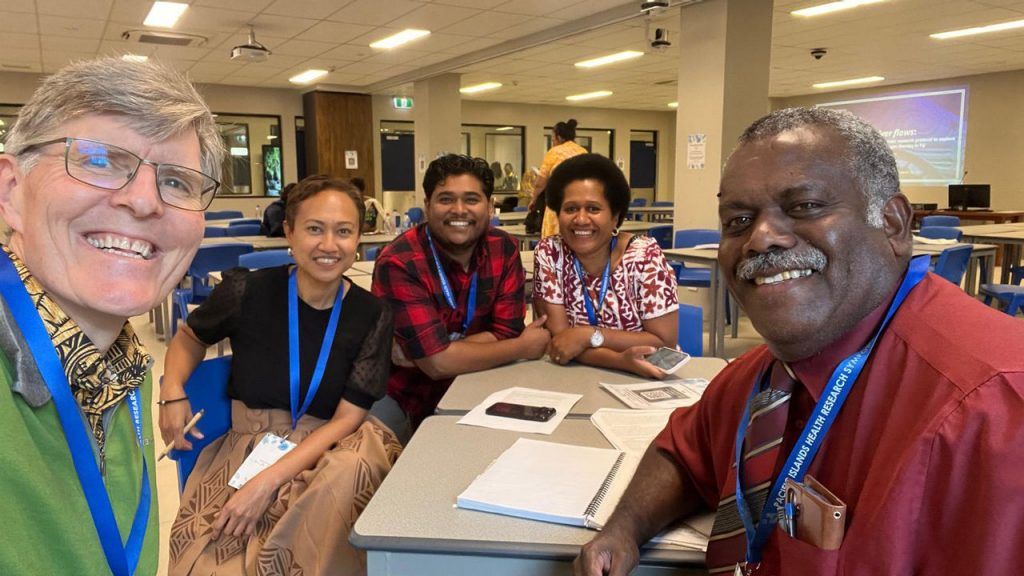
Sainimere Boladuadua, second from left, with officials from Fiji's Health Ministry, Cure Kids, and the University of Auckland: From left, Associate Professor Steve Howie, Shanjivan Padarath, Udila Tawake and Dr Luke Nasedra. Photo/Waipapa Taumata Rau, University of Auckland
She says Fijian Language Week is not only a celebration of linguistic heritage, but a reaffirmation of Indigenous identity, shared values, and the future we want for the next generation.
According to Waipapa Taumata Rau, it is also a time to reflect on how these cultural values can inform research, education, and healthcare as seen through Boladuadua's groundbreaking work bridging Indigenous worldviews and Western health systems. They include:
Veirokorokovi (Respect): Respect for elders, peers, visitors, and the environment, expressed through everyday gestures and protocols.
Veirogorogoci (Listening/deferring to each other): Attentive, humble listening that fosters consensus and patience.
Solesolevaki (Communal work): Working together for the collective good, from farming to community events.
Lotu (faith): Christianity, woven into Fijian identity, reinforcing humility, gratitude, and service.
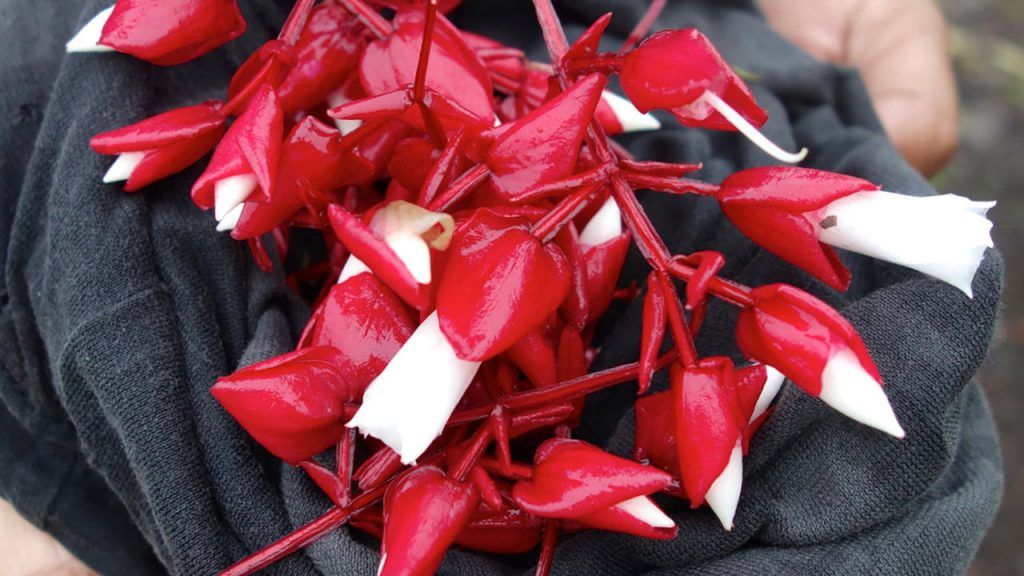
The Tagimoucia flower, recognised as Fiji’s national flower, does not grow anywhere else in the world. Photo/Supplied
Access to healthcare a focus of doctoral research
Boladuadua is working on her doctorate, focusing on how to make healthcare more accessible for children in Fiji who suffer from serious respiratory infections - a leading cause of sickness and death in tamariki/rangatahi there.
One important part of her research looks at how different cultural beliefs affect people's ability to get medical care and how they use health services.
“For Indigenous Fijians, this often involves navigating the intersections of the traditional Fijian worldview, a faith-based (most commonly Christian) worldview, and the Western biomedical health system,” she says, emphasising the importance of understanding how people move between these different viewpoints and how this influences their choices about seeking healthcare.
Recently, she completed a Fulbright fellowship at the Johns Hopkins Center for Indigenous Health (JHCIH) in the United States.
Watch Fijian tamariki/rangatahi in the Hawke's Bay share their word of the day below.
There, she worked with indigenous communities, including the Navajo and White Mountain Apache, to mix traditional knowledge with modern public health approaches.
Boladuadua's contributions include participating in a study on respiratory infections affecting Native American children and adults.
“This experience deepened my understanding of how Indigenous knowledge and Western health systems can complement each other to improve healthcare access and outcomes,” she says.
Watch Havea Matangi, a Tongan social media influencer, share his love for Fiji below.
Woman of many worlds
As someone who identifies as a "woman of many worlds", Boladuadua's diverse background greatly enriches her research.
She describes herself as an indigenous Fijian who grew up in a city, is connected to her traditional roots, and is also engaged in professional and academic environments influenced by Western healthcare practices.
“This perspective shapes my research and reminds me to ask, listen and learn.”
Macawa ni Vosa vakaViti is a time to celebrate Fijian values and think about how to help future generations thrive. Boladuadua says, “Language starts at home, but its impact reaches far beyond - it shapes how we live, learn and care for one another.”
Fijian Language Week ends on Saturday, with Fiji Day - when the island nation gained independence from the United Kingdom - celebrated on Friday. For more information on the weeklong activities, click here.
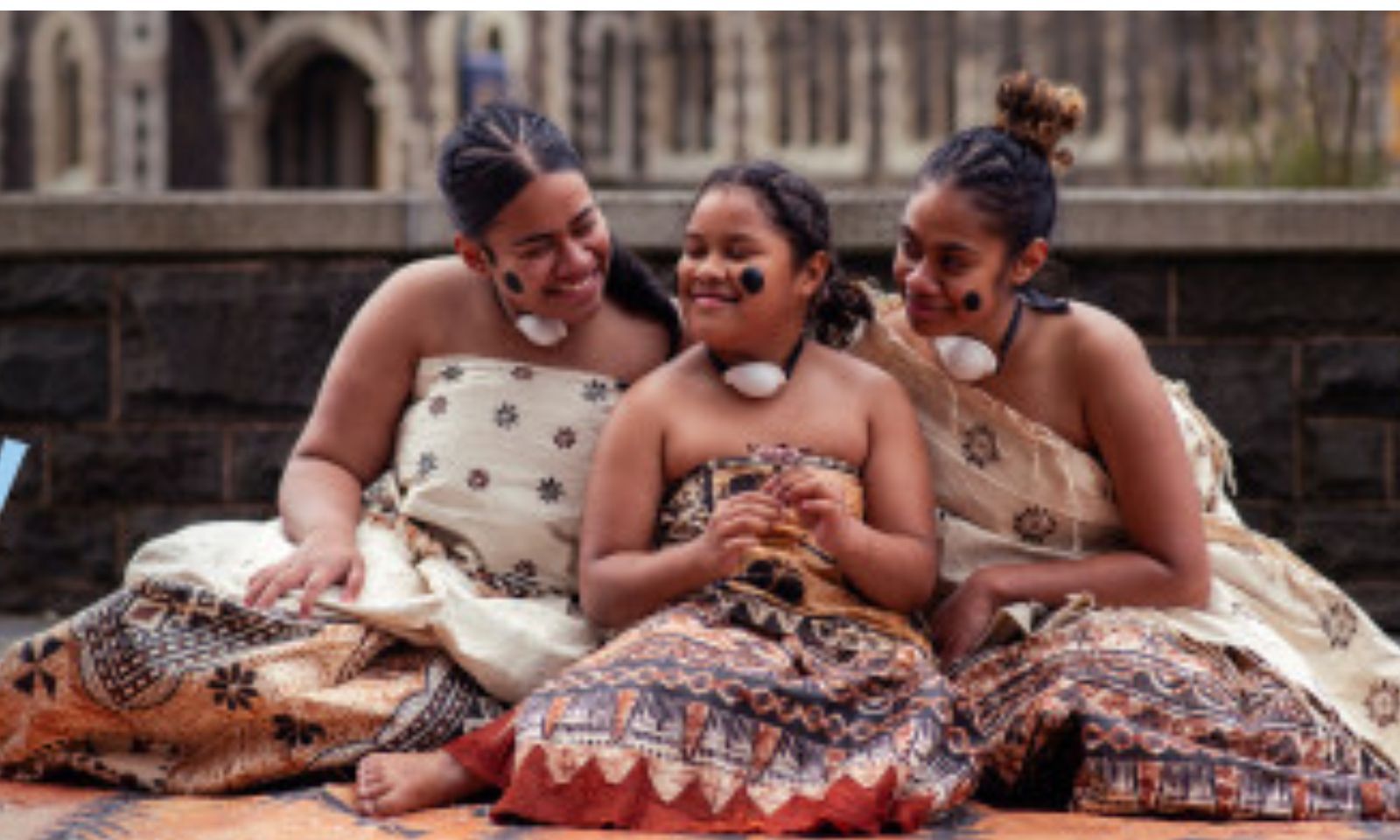
With just over 7000 speakers of Vosa Vakaviti in New Zealand, Fijian community leaders say the preservation and celebration of the Fijian language is more important than ever. Photo/MPP
Here are some facts about Fiji
It is made up of 333 islands, but only about 110 of them have people living on them. The rest are untouched and beautiful.
Taveuni Island is unique because it sits on the International Date Line, allowing you to literally stand with one foot in “today” and the other in “yesterday".
The Tagimoucia flower, which is Fiji’s national flower, only grows on Boladuadua's home island of Taveuni. It's so special that garlands made of tagimoucia were worn at her Fulbright ceremony. Meghan Markle’s bridal veil included flowers from all 53 Commonwealth countries, including kōwhai for New Zealand, teuila for Sāmoa, heilala for Tonga, and the tagimoucia for Fiji.
Fiji is known as the “Soft Coral Capital of the World”, a title given by oceanographer Jacques Cousteau, with its waters housing over 390 different coral species.
There are two types of frogs that are native only to Fiji: the Fiji tree frog and the Fiji wrinkled ground frog.
Fiji has three official languages - English, Fijian, and Fiji Hindi, which reflects its rich cultural diversity.
About 90 per cent of Fiji’s land belongs to Indigenous Fijians (iTaukei) and is held collectively by clans.
Fiji celebrated a major achievement by winning its first-ever Olympic gold medal in Rugby Sevens at the 2016 Rio Olympics, defeating Great Britain 43–7.
Watch Minister for Pacific Peoples Dr Shane Reti and MPP Secretary Gerardine Clifford-Lidstone share their messages for Fijian Language Week below.